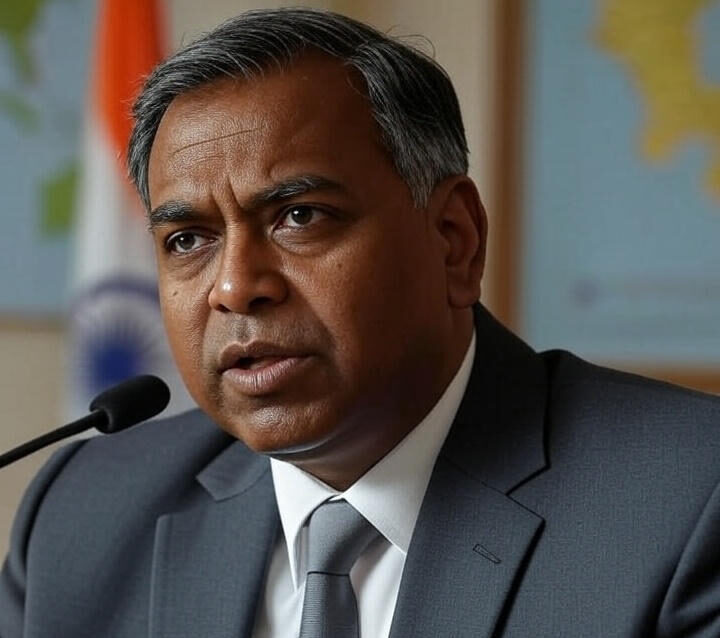On August 2, 2025, Indian government sources confirmed via Reuters that India will continue purchasing oil from Russia, dismissing U.S. claims that New Delhi had ceased imports. These decisions, they emphasize, rest upon long term contracts and market driven priorities, not political pressure or sudden policy shifts (Reuters).
Key Government Message: No Policy Change
- Indian officials clarified that no directive has been issued to reduce or halt Russian oil imports, refuting statements attributed to former U.S. President Donald Trump (Reuters).
- Foreign Ministry spokesperson Randhir Jaiswal asserted that India’s energy procurement decisions depend on factors such as price, crude quality, inventory levels, a prevailing global landscape, and that India maintains a steady, merit based partnership with Russia independent of external narratives (Reuters).
Market Dynamics & Discretionary Shifts
- While policy remains unchanged, state-owned refiners including Indian Oil, HPCL, BPCL, and MRPL have temporarily paused new Russian oil contracts in recent days following a narrowing of price discounts on Russian crude though private sector refiners, including Reliance and Nayara Energy, continue sourcing it (Reuters).
- Reuters reports that July deliveries of Russian crude dropped to ~1.6 million barrels per day, declining by nearly 24% from June levels and more than 23% year over year, shrinking Russia’s share in India’s oil mix from 44.5% in June to around 33.8% by July (The Indian Express).
Strategic Energy Security & Geopolitical Context
- Russia continues to supply roughly 35% of India’s oil imports, making it India’s top crude supplier, followed by Iraq, Saudi Arabia, and the UAE (Globedge).
- India’s leaders argue that energy decisions are driven by national interest and energy affordability, noting that discounted Russian oil has helped stabilize domestic fuel prices and global oil markets. They also underscore adherence to international pricing norms, such as the EU and G7 price cap regimes on Russian crude (The Economic Times).
- India’s Foreign Secretary Vikram Misri criticized what he described as double standards in Western energy policy, urging that energy security concerns of major importers like India should not be framed solely through a European lens (economictimes.indiatimes.com).
U.S. Pressure and Trump’s Tariff Threats
- President Trump has publicly suggested imposing 100% tariffs on countries importing Russian oil if Moscow does not make a peace concession in the Ukraine conflict. He also claimed without clear evidence that India may stop importing Russian crude, calling such a move “a good step” (Reuters).
- That claim was directly contested by Indian sources, who restated that no policy change has been made, though state refiners have reacted to commercial conditions, not thanks to government mandates (Reuters).

Summary at a Glance
| Category | Details |
|---|---|
| Policy stance | No change continuing imports under long-term contracts |
| Current import levels | ~1.75 million bpd (≈35% of total imports in Jan, Jun 2025) |
| Refiner behavior | State refiners paused new purchases due to price dynamics; private refiners still active |
| Decision drivers | Price, crude grade, logistics, energy security |
| Geopolitical strategy | Maintain independence from pressure; uphold existing Russia partnership |
| External pressure | U.S. threatens additional tariffs; EU imposes price cap and sanctions on Russian linked entities |
Conclusion
India maintains its strategic path: continuing to buy Russian oil based on economic rationale. While short term reduction in state purchases reflects evolving price conditions, no government policy shift or formal direction to end such trade exists. Long established contracts, coupled with India’s high import dependence (~85%), and energy security considerations, underpin this sustained relationship with the government stressing its decisions are guided by pragmatism, not geopolitics.

